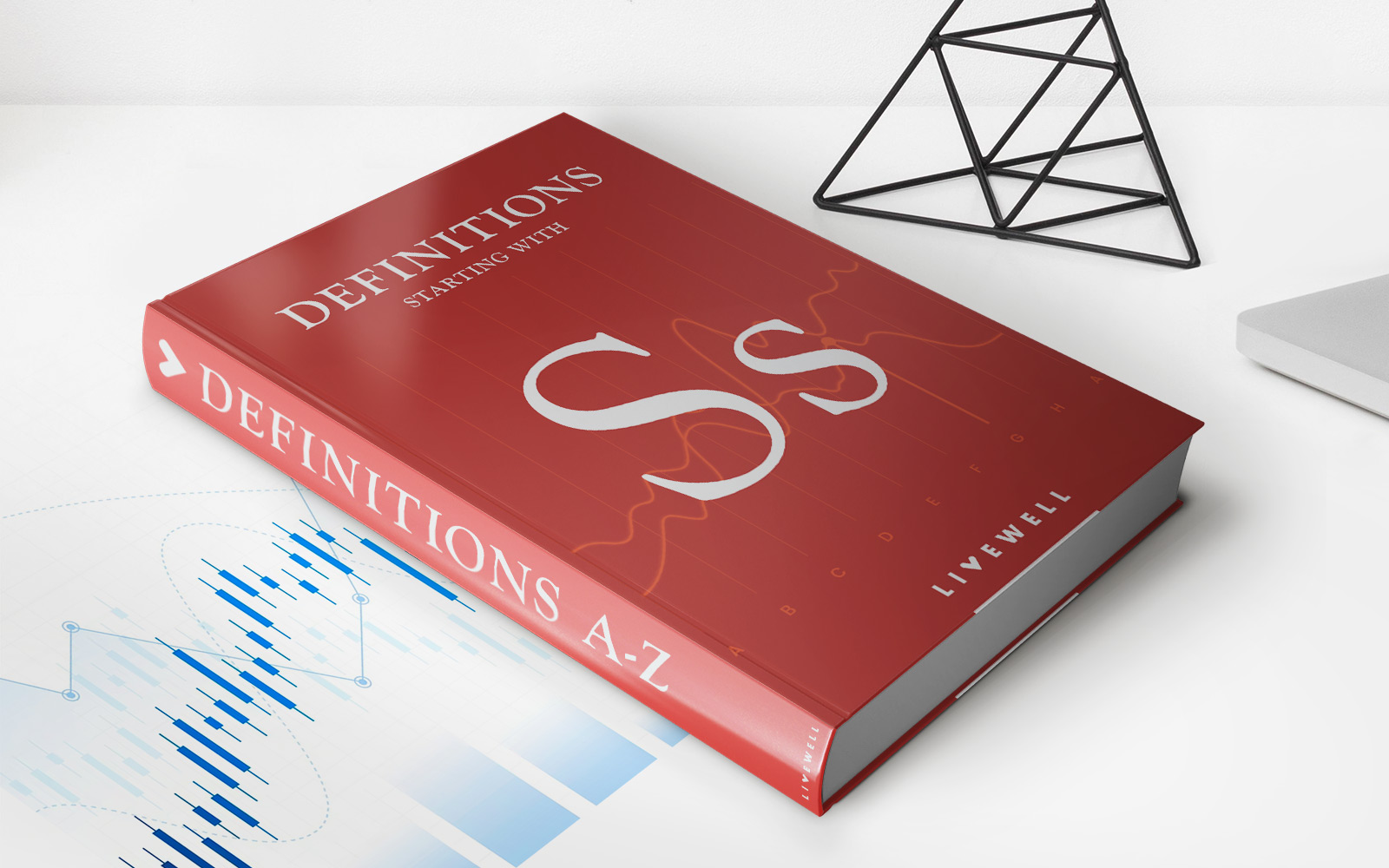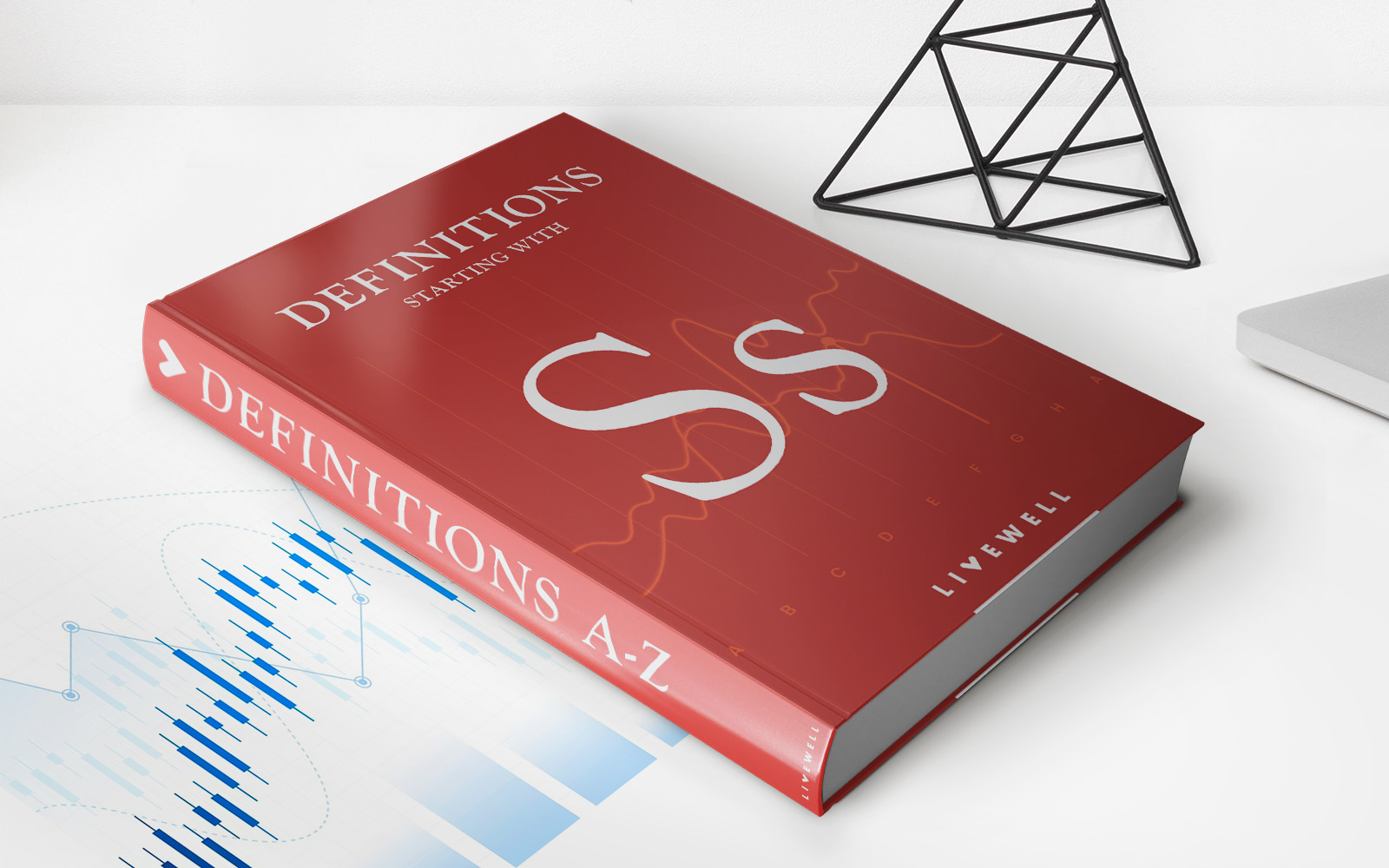

Finance
Market Out Clause Definition
Published: December 22, 2023
Discover the meaning of market out clause in finance and its significance. Learn how this provision can protect parties in financial agreements.
(Many of the links in this article redirect to a specific reviewed product. Your purchase of these products through affiliate links helps to generate commission for LiveWell, at no extra cost. Learn more)
Understanding the Market Out Clause Definition in Finance
When it comes to navigating the complex world of finance, there are numerous terms and definitions that can leave individuals scratching their heads. One such term is the Market Out Clause. But fear not! In this blog post, we will delve into what exactly the Market Out Clause Definition is and why it’s important to understand in the realm of finance.
Key Takeaways:
- The Market Out Clause is a provision in a financial agreement that allows one party to back out if certain market conditions are not met.
- This clause provides protection and flexibility to parties involved in financial transactions, especially in volatile markets.
So, what exactly does the Market Out Clause entail? In simple terms, it is a provision in a financial agreement that allows one party to back out or terminate the agreement if certain predefined market conditions are not met. These conditions could include factors such as changes in interest rates, stock market volatility, or unforeseen events that significantly impact market stability.
Now you may be wondering, why is the Market Out Clause Definition important? Well, here are a couple of reasons:
1. Protection and Flexibility:
The Market Out Clause provides protection to parties involved in financial transactions, such as lenders, investors, or borrowers. It allows them to mitigate potential risks that may arise due to uncontrollable market factors. By including this clause, parties can ensure that they have an exit strategy in place if conditions change unfavorably.
Furthermore, the Market Out Clause also offers flexibility. It allows parties to reassess their positions and make informed decisions based on market trends and developments. In times of economic uncertainty or turbulence, this clause can prove to be invaluable, as it enables parties to adapt to changing circumstances and protect their interests.
2. Negotiation and Risk Management:
The inclusion of a Market Out Clause in financial agreements provides an opportunity for negotiation between parties. It allows them to discuss and agree upon specific conditions that need to be met for the clause to be activated. This negotiation process helps manage the risk associated with the agreement and ensures that both parties are comfortable moving forward.
Additionally, the Market Out Clause Definition also plays a crucial role in risk management. It acts as a safeguard against potential financial losses by allowing parties to withdraw from the agreement if market conditions deteriorate. This proactive approach to risk management is vital in the ever-changing and unpredictable world of finance.
It’s important to note that the exact specifications of a Market Out Clause can vary depending on the nature of the financial agreement and the preferences of the parties involved. Therefore, it is crucial to consult with legal and financial experts to draft and negotiate a Market Out Clause that aligns with your specific needs and objectives.
In conclusion, the Market Out Clause Definition is a significant concept to understand in the world of finance. By providing protection, flexibility, negotiation opportunities, and risk management, it plays a vital role in ensuring the smooth functioning of financial transactions in fluctuating market conditions. So, the next time you come across this term, remember its importance and the value it brings to the table.














